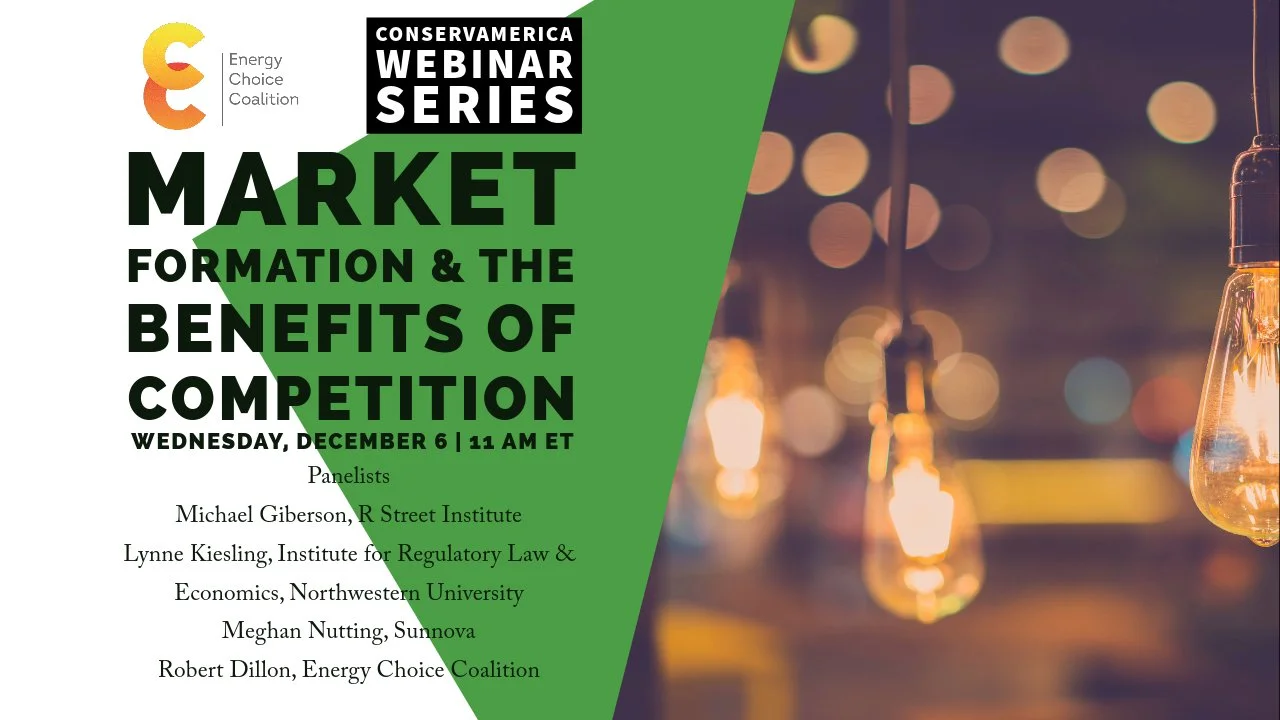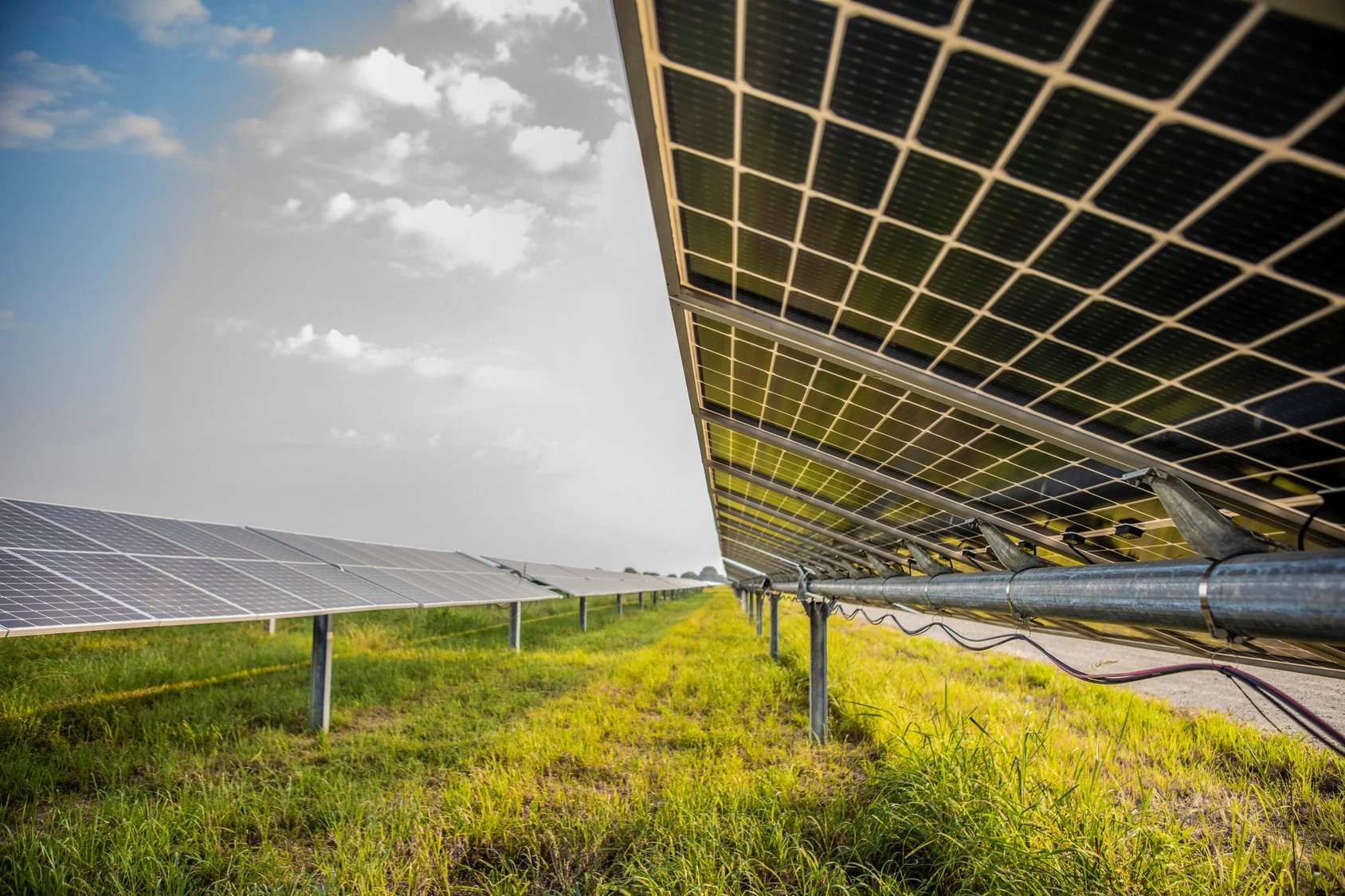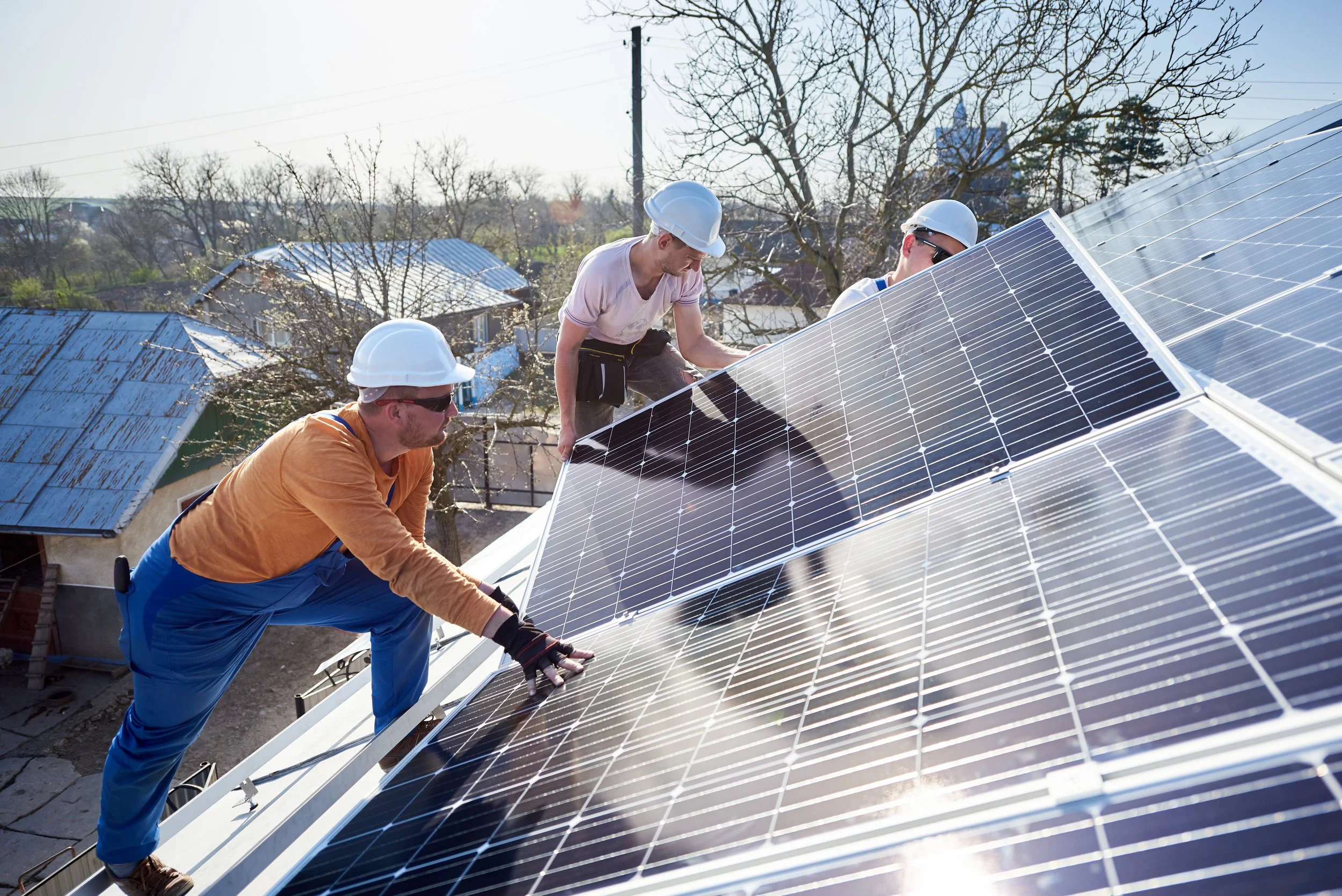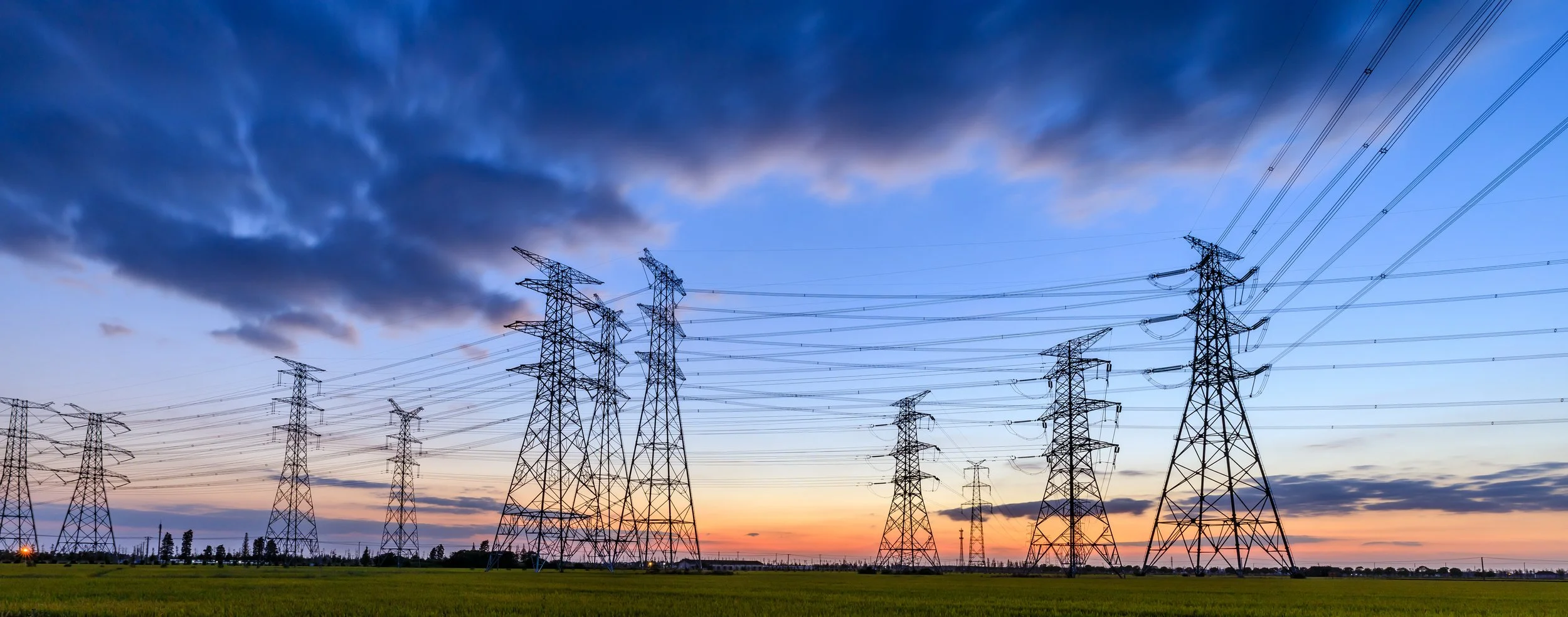The New York Times recently covered the big reliability and cost benefits solar power is bringing to Texas’ electricity grid, despite the socialist efforts of the state’s Republicans to prop up coal and natural gas. From the New York Times:
Strafed by powerful storms and superheated by a dome of hot air, Texas has been enduring a dangerous early heat wave this week that has broken temperature records and strained the state’s independent power grid.
But the lights and air conditioning have stayed on across the state, in large part because of an unlikely new reality in the nation’s premier oil and gas state: Texas is fast becoming a leader in solar power.
The amount of solar energy generated in Texas has doubled since the start of last year. And it is set to roughly double again by the end of next year, according to data from the Electric Reliability Council of Texas. Already, the state rivals California in how much power it gets from commercial solar farms, which are sprouting across Texas at a rapid pace, from the baked-dry ranches of West Texas to the booming suburbs southwest of Houston.






















